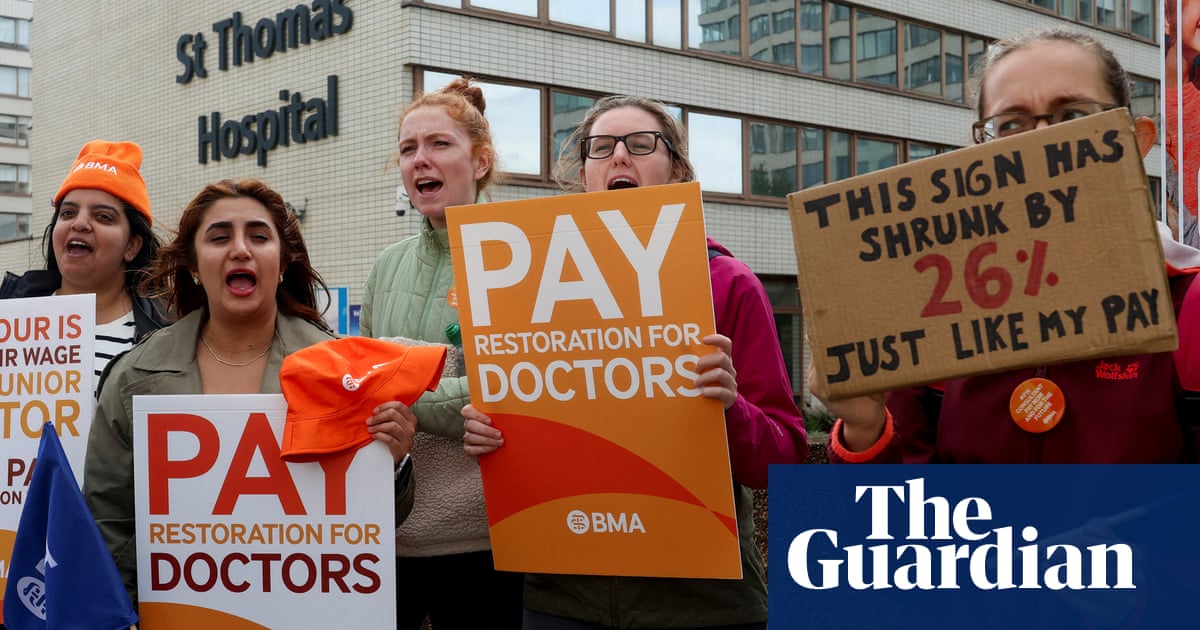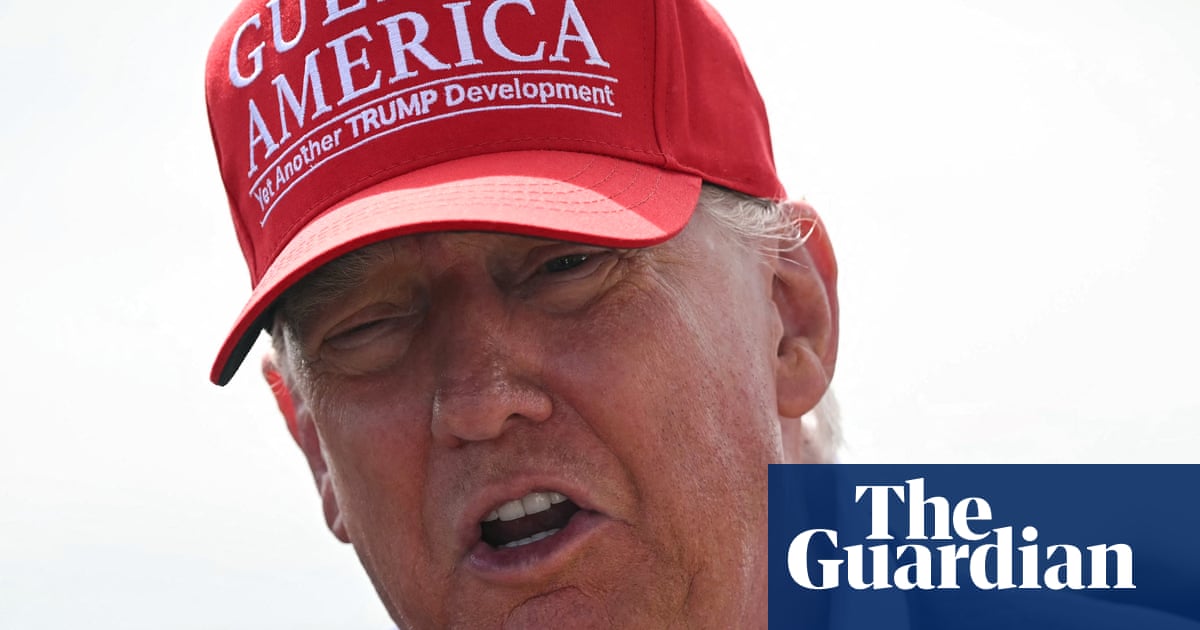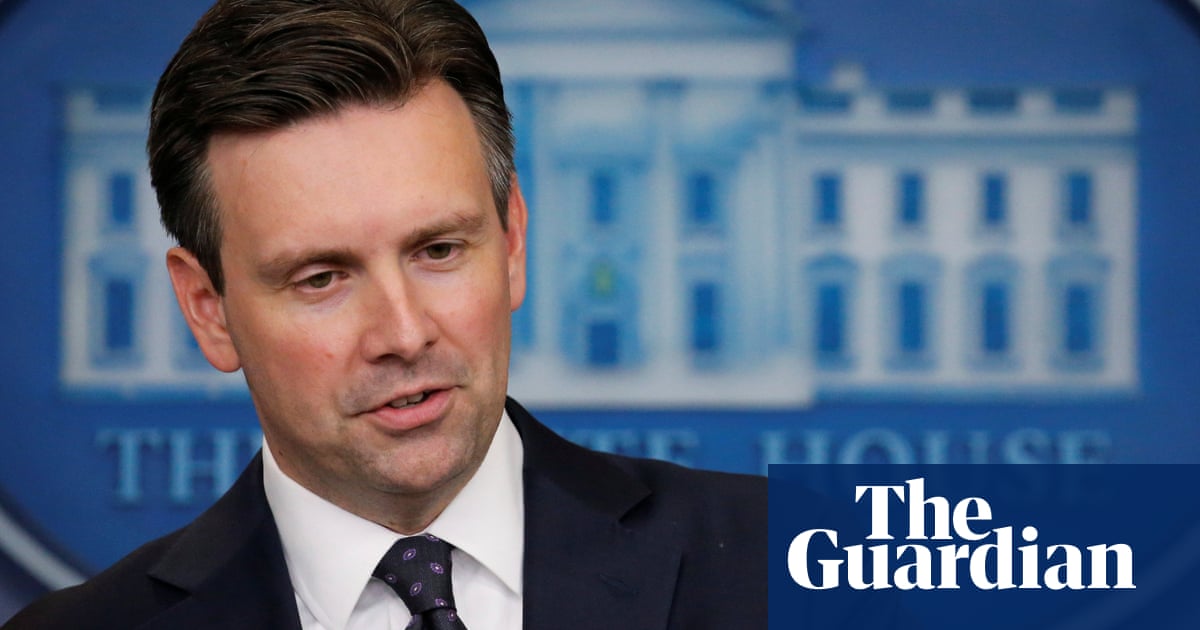“You want a new political party and you shall have it!” Elon Musk declared in early July.
The world’s richest man is never one to shy away from grandiose statements, and he continued: “When it comes to bankrupting our country with waste & graft, we live in a one-party system, not a democracy. Today, the America Party is formed to give you back your freedom.”
The America party, Musk hopes, will be a viable alternative to the Democratic and Republican parties: a political organization that can influence the future of US politics. He has mooted running candidates for two to three Senate seats and up to 10 House districts. Given the tight divide between Republicans and Democrats in Congress, Musk believes capturing the small number of seats “would be enough to serve as the deciding vote on contentious laws”.
Given there is consistently strong support for an alternative to the Big Two parties, it should be a good idea, right?
Wrong, said Bernard Tamas, professor of political science at Valdosta State University and author of The Demise and Rebirth of American Third Parties.
“At this moment in American politics, I see no evidence that you’re going to get another party winning seats in Congress and actually being able to have an impact in the government,” Tamas said.
“It’s not just the money that Democrats and Republicans have. They have all the resources. They have the money. They have 150 years of structure. They have all the professional politicians, and they have all the consultants, and they have all the Madison Avenue ad companies working for them.”
The whole concept of the America party seemingly came together in a matter of weeks, following the famous row between Musk and Donald Trump. And as with many ideas born out of spite and fury, certain elements appear to have not been fully thought through. Americaparty.com, for example, is already registered to someone else, who now appears to be trying to sell the domain name for $6.9m. On X, which Musk owns, @AmericaParty was already taken, so the new venture had to opt for @AmericaPartyX.
It’s not yet clear what the party will stand for, beyond opposition to Republicans’ ballooning of the national debt. Musk has yet to elaborate on the “contentious laws” his politicians would challenge, and there is no party platform or manifesto.
In any case, third parties have rarely, if ever, been successful in the way Musk envisages. But where they can make a difference is in highlighting issues and pressuring the main two parties to act.
“In terms of the parties that really had a big impact, they didn’t win seats,” Tamas said. “The job of third parties is disruption. It’s to sting like a bee. It’s to cause pain.”
Tamas pointed to the Progressive party in Wisconsin and the Minnesota Farmer-Labor party, which managed to win key victories over relief for unemployed constituents and banking reform in the state, as examples of political groups that have managed to inflict such a bee sting. That doesn’t appear to be what Musk is going for, however, despite there being an opportunity for a stinging insect.
“Here you have the Republican party moving farther and farther to the right, and farther and farther in this kind of Maga direction, with nobody in the Republican party in Congress willing to stand up at all to Trump or this movement,” Tamas said.
“It’s a perfect opening for a third party. This is what it looks like historically. But you’re not going to replace them. What you do is you attack them for this. You’re trying to pull them back towards the center.
“This is how the third parties have always succeeded. The idea is you cause them pain, and what they do, if it works, is they shift back towards something that reflects more what the public wants, or deals with the issues that the third party is bringing up.”
Parties that have pursued the getting-people-elected approach have fared less well than the pain-inflictors. Forward party was founded by Andrew Yang, who had previously run for the Democratic presidential nomination, in 2022, with the slightly call-to-arms style slogan of “Not left. Not right. Forward.” These days the party barely features on the national political landscape, although it does continue to bleat out social media content – a recent 4 July post on Instagram attracted almost 40 likes.
At its inception, Forward party figures claimed both the Republican and Democratic parties had become too radical, and said their new venture “can’t be pegged to the traditional left-right spectrum because we aren’t built like the existing parties”.
Somehow, a promise to not really have a firm ideological stance on anything isn’t a very sexy pitch to voters. Among the “elected affiliates” named on Forward’s website are the former mayor of Newberry, Florida, a town of 7,300 people, and a man who “is responsible for sanitation and utilities” in the Connecticut borough of Stonington – population 976 people.
There is widespread support for a third party. Polls have repeatedly shown that people want a third party. But what that looks like remains to be seen. In Musk’s own survey on social media asking if people wanted him to start a new party, only 65% said yes, and 34% said no, although a poll in early July showed that 14% of voters said they would be very likely to support the party, with 26% somewhat likely.
There are already issues with the America party becoming a viable third choice. Musk is approaching eccentric political advisers, including Curtis Yarvin, a rightwing tech blogger who has argued American democracy has run its course and the country should instead be run by a dictator-esque CEO.
A more fundamental problem with the America party is unique to Musk: people really don’t like him. A poll last week found that 60% of Americans have an unfavorable view of Musk, compared with 32% in favor.
America shall have a third party, Musk declared at the start of his new venture. But does America want this kind of third party, with these kind of aims, run by this kind of man?

 4 hours ago
3
4 hours ago
3

















































